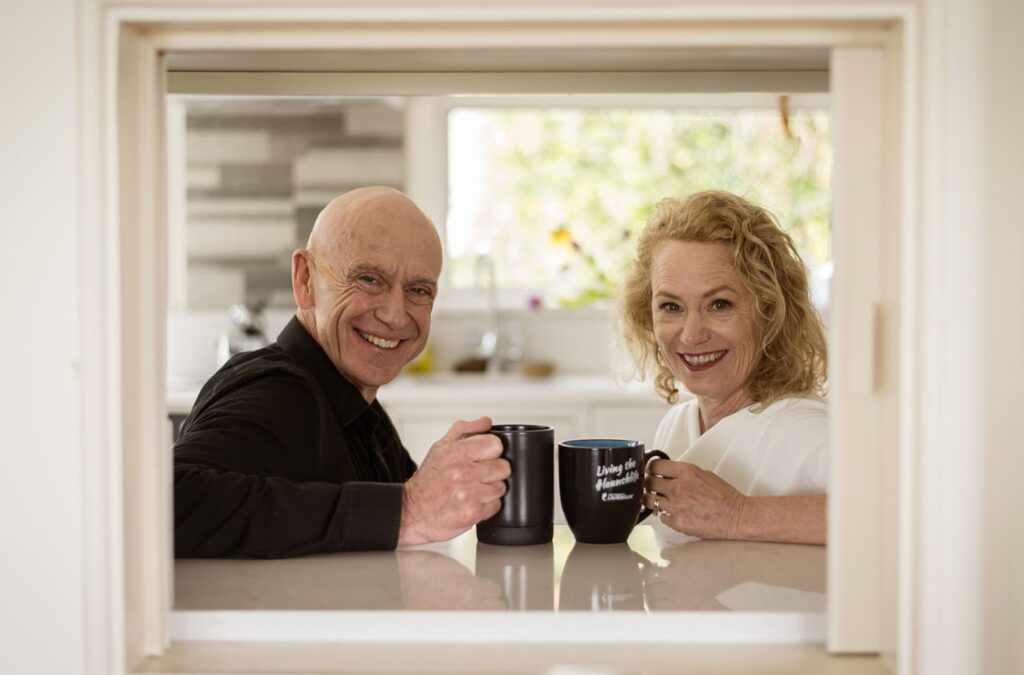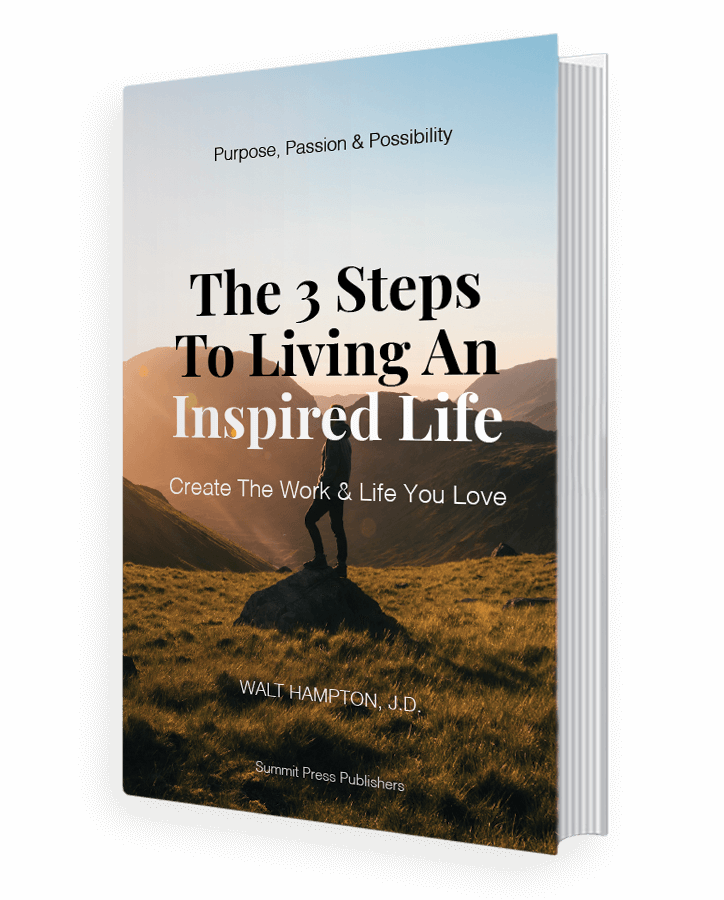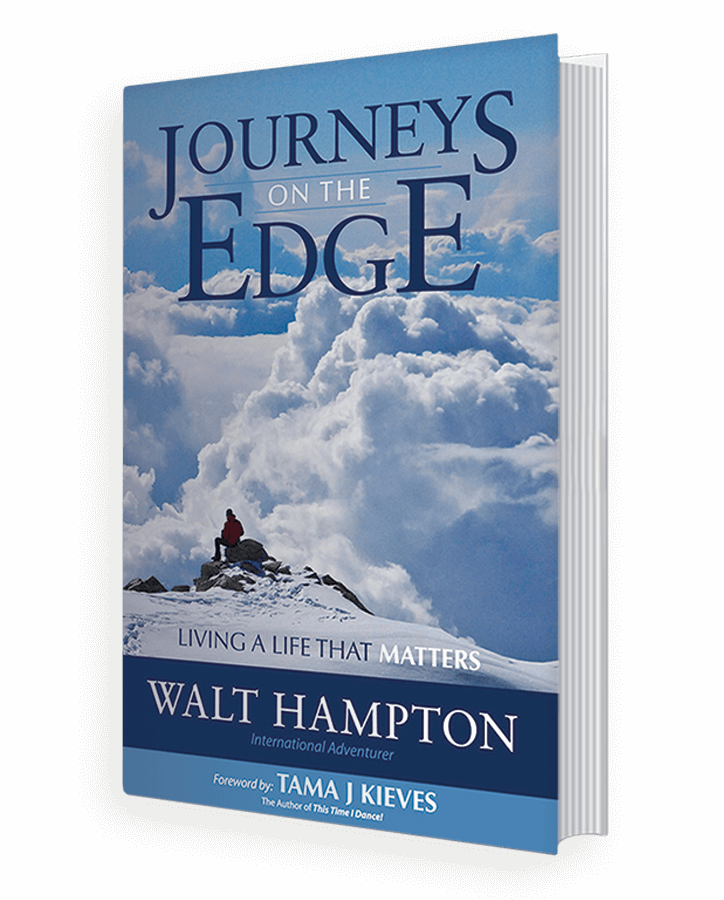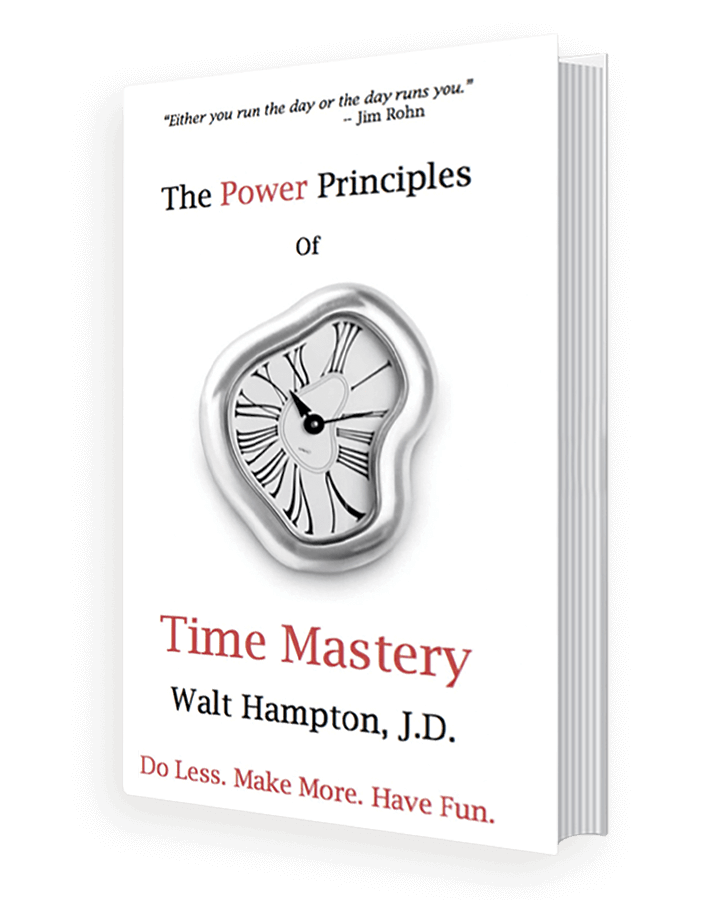Welcome to my blog
Grow & Scale A Business That Will Set You Free

The Big Problem With Freedom
You’re likely a fan of freedom.
I am.
In fact, it’s one of my highest values.
Freedom to come and go; freedom to adventure and travel; freedom to work when and where and if we want.
Freedom to choose.
It’s damn good stuff.
But there’s a catch.
“Freedom makes a huge requirement of every human being,” Eleanor Roosevelt once said. “With freedom comes responsibility.”
When you’re free, you’re responsible for a lot, like:
- your health and wellness;
- the care of your loved ones;
- your surroundings;
- those in need; and
- this little blue dot that floats in space that is our only home.
You’re responsible, too, for freedom itself. Because this freedom you enjoy has come at a huge cost, measured in blood.
It is precious and fragile.
One of the things I so loved in law school was the freedom to explore ideas; the invitation to question; the opportunity to debate, and disagree.
Our arguments could be vociferous and long, because seeking for truth and finding common ground can be a messy business.
(But pizza and beer usually followed because we knew that our ground could be common only if we honored our shared humanity.)
It continues to be our shared responsibility to seek this common ground, to protect this gift that is our freedom.
Tirelessly and ardently. With civility and care.
“For the person who is unwilling to grow up, the person who does not want to carry their own weight, this is a frightening prospect,” Roosevelt said.
But you want what I want what we all want which is freedom.
President Ronald Reagan, in his Farewell Address to the Nation, shared his vision of our nation as “the shining city upon a hill.”
“[I]n my mind it is a tall, proud city built on rocks stronger than oceans, windswept, God-blessed, and teeming with people of all kinds living in harmony and peace; a city with free ports that hummed with commerce and creativity. And if there had to be city walls, the walls had doors and the doors were open to anyone with the will and the heart to get here.”
“All great change begins at the dinner table,” Reagan said. “So, tomorrow night in the kitchen I hope the talking begins.”
It’s been two hundred forty-eight years since we declared our freedom.
The work continues.
Let freedom ring.


Be Here Now
Emails. Text messages. Notifications. Alerts.
Nonstop interruptions. Talking heads. The never-ending flood of social media.
So much input. So many distractions.
It’s really hard to stay focused. And present.
Yet, grounding yourself in the present moment is not just a nice idea—it’s actually essential to a rich and deeply satisfying life.
(And a whole lot more productivity too!)
Being present means giving your full attention to the here and now. It involves being aware of your surroundings, your thoughts, and your interactions with others. This level of mindfulness allows you to engage more deeply with your experiences and the people around you. When you are present, you can listen more intently, respond more thoughtfully, and connect more genuinely.
One of the greatest gifts you can offer to someone is your full presence. In conversations, truly listening—without planning your response or being distracted by your devices—demonstrates respect and care. It shows the other person that they are valued and that what they are saying matters. This kind of attention fosters trust and deepens relationships.
Being present also helps manage stress and anxiety. When you are caught up in thoughts about the past or worries about the future, you often miss out on the richness of the current moment. Mindfulness practices, such as deep breathing or meditative exercises, can anchor you in the present and reduce the mental clutter that leads to stress. By focusing on the present, you can appreciate the simple joys of life and find peace amidst the chaos.
There are several ways to cultivate presence in your daily life. Start by setting aside specific times to unplug from digital devices. Whether it’s during meals, while spending time with loved ones, or before bed, these moments of disconnection create space for genuine connection and self-reflection. Practice active listening in conversations, making a conscious effort to understand the other person’s perspective without interruption.
Engage in activities that require your full attention. This could be a hobby, exercise, or simply taking a walk in nature. Such activities can act as a reset button, helping you reconnect with the present moment and with yourself.
Remember, being present is a practice, not a destination. There will be times when your mind wanders or distractions pull you away. The key is to gently bring yourself back to the present without judgment. Over time, this practice becomes easier and more natural.
Being present is a powerful antidote to the distractions of modern life. By making a conscious effort to be here now, you can find greater fulfillment and deeper connections with those around you.
So, take a moment to breathe, to listen, and to truly be present.


Being In A World Of Doing
In our fast-paced, achievement-oriented culture, where being busy is often seen as a badge of honor, it’s easy to reach the end of each day with a critical eye, tallying up our accomplishments. We frequently find ourselves asking, “Did I do enough today?” This relentless pursuit of productivity can leave us feeling perpetually behind, as though we’re always struggling to catch up.
Yet, there is a profound truth that we often overlook in the hustle of our daily routines: the importance of simply being. Instead of measuring our days by the length of our completed task lists, we might consider asking ourselves different questions: Was I grounded today? Did I connect with the Earth and the Ground of All Being? Was I truly present?
There is a sacredness in being present. This isn’t about being inert; rather, it’s about being mindful and intentional in whatever we do. It’s about being fully present—to ourselves, to others, and to that Universal Presence that permeates all of life.
Mindfulness and intentionality ask us to slow down and notice the world around us. They invite us to feel the texture of our own lives and to recognize each moment as a gift. When we are fully present, we are not lost in thoughts of the past or worries about the future, but deeply rooted in the here and now. This presence enhances our connections with others, allowing us to engage more deeply and genuinely.
Being grounded means connecting with the earth beneath our feet—acknowledging our dependence on and interdependence with the natural world. It also means connecting with the Ground of All Being, a concept that transcends boundaries and speaks to a deeper, spiritual interconnectedness. This grounding can act as an anchor, keeping us stable and centered amid the chaos of everyday life.
Worth is not determined by your productivity. You are valuable because of who you are, not just because of what you do. This perspective asks you to embrace each day not as a series of tasks to be completed, but as an opportunity to live fully and deeply, with awareness and compassion.
So, my invitation to you is: dare to be countercultural. At the end of the day, don’t ask the question “Did I do enough?” Ask instead, “Was I present enough? Was I mindful? Intentional? Here?” These questions can transform your experience of life, shifting your focus from doing to being.
Will you give it a try?


The Revolution We Need
We live in a time that often feels dominated by loud voices and contentious debates, where the urgent frequently drowns out the important. Yet, amidst this noise, a simple truth whispers quietly, waiting to be heard: kindness is the revolution we need.
You don’t need grand gestures or public platforms to begin this transformative work. There is no need for legislative approval, divine commandments handed down from on high, or viral social media campaigns. The call to action is far closer and far more accessible—it resides in the heartbeat of everyday interactions.
Consider this: every person you encounter carries their own burdens, battles unseen struggles, and harbors secret hopes. As you step out into your day, imagine the profound impact you could have by choosing to leave each person a little less burdened than you found them. Offer a smile, a listening ear, an understanding nod. Small acts, practiced by many, can transform the world.
Encourage others to love freely and live authentically, supporting them as they build lives with those who make their hearts feel at home. Embrace the diversity of belief and thought in our world. Whether someone worships differently, or not at all, show respect for their spiritual journey, recognizing that it is as deeply considered as your own.
Release the idea that life is a zero-sum game, where one person’s gain is another’s loss. Abundance surrounds us—there is enough kindness, enough compassion, enough understanding to go around. Resist the impulse to hoard these riches.
In the end, every life on this planet is finite, every human story a brief chapter in the vast narrative of time. Knowing this, how can you choose anything but kindness? Each moment offers a choice to affirm life or to ignore it, to build up or to tear down, to heal or to wound.
Choose to be architects of encouragement, healers of hearts, and builders of bridges. In doing so, you may just find that the most revolutionary act is also the simplest: just be kind. Let this be the legacy you choose, the path you walk, and the gift you offer freely, without reservation.


Embrace The F Word
What’s your relationship with the F word?
I’m talking about fun!
Because life should be fun.
Joy is your birthright.
But given the intensity of your life, given how many demands there are for your time, quality F doesn’t just happen.
It needs to be planned. It needs to be intentional.
Former First Lady Michelle Obama spoke about it this way:
“Starting every year, before I booked anything, agreed to any meetings or conferences, we’d sit down with my assistant and we looked at our lives first,” Obama said. “We put potlucks in there, we put date nights in there, I put my workouts, we put our vacations on the calendar first, we put sports things and summers. We planned that out first, and then what was left would be left for work.”
Likely, you’re not busy running the household that runs the free world. Which means that you could approach your life this way too!
It begins by being mindful and intentional.
What do you value?
What matters most?
What will you regret not doing when the sands of your life have slipped through the glass?
Get clear on those things.
Then get them on the calendar.
Your health and wellness. The adventures and vacations. The date nights. The getaways. The magic moments.
Make appointments with yourself.
Then dial the work in around those things.
Not the other way around.
Because the sand will slip through the glass.
And there are no do-overs.

DOWNLOAD your FREE BOOK!

DOWNLOAD Your Free E-Book NOW! Click Below And Get Going!
Click below for your copy of Journeys!

You’ll Get A Signed Copy!
Click on the button for your copy of my brand new book “The power principles of time mastery!”

You’ll Get A Signed Copy!
Categories
Adventure
Finding The Way
Journeys
Leadership
Success
Ultra Training
